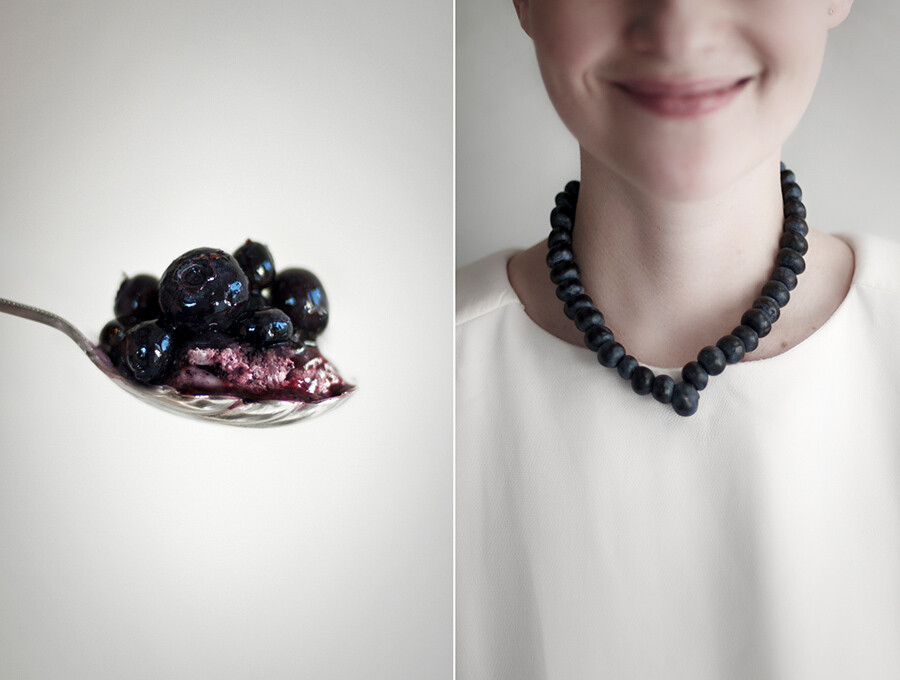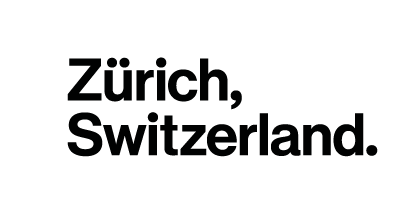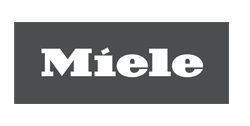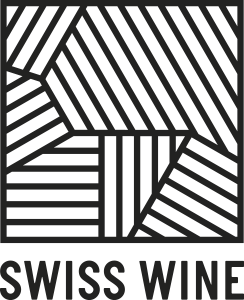Miso aus heimischen Hülsenfrüchten, ein zweites Leben für Brot und eine Lebensmittelkooperative mitten in der Stadt: Hier stellen wir dir Menschen, Start Ups und Ideen vor, die vorwärts gehen, nachhaltig denken und progressiv handeln.
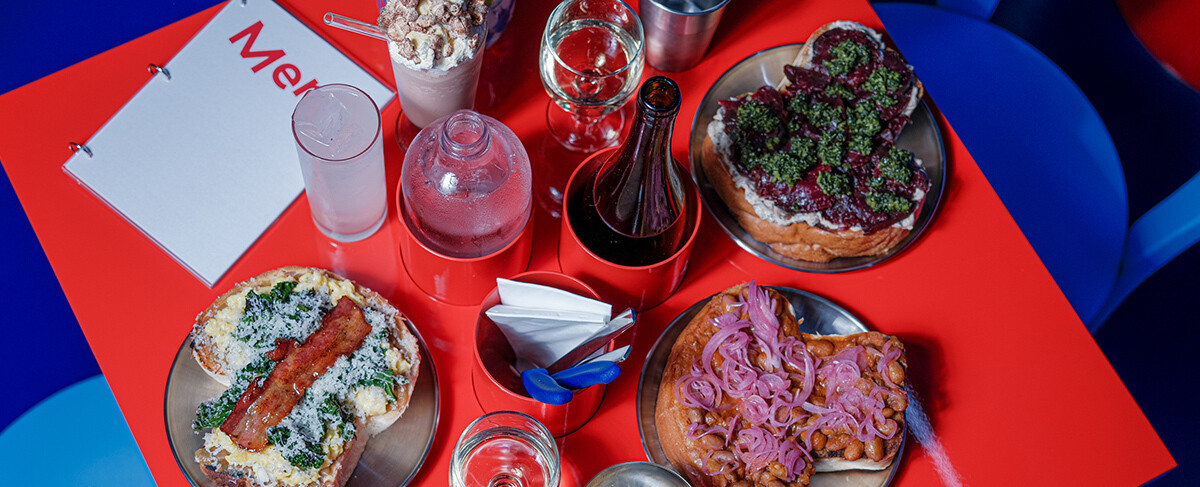
Roter Delfin
Ein Toast auf den Toast! Ihm werden Songs und Postkarten gewidmet – und nun ein eigenes Restaurant in Zürich. Vom Zmorge, Zmittag, Zvieri, Znacht bis Zmitternacht dreht sich im Roten Delfin an der Langstrasse alles um den Supertoast – eine «Scheibe» Toast, reich belegt mit frischen, herzhaften, überraschenden und immer lokalen Zutaten von innovativen Produzent:innen.
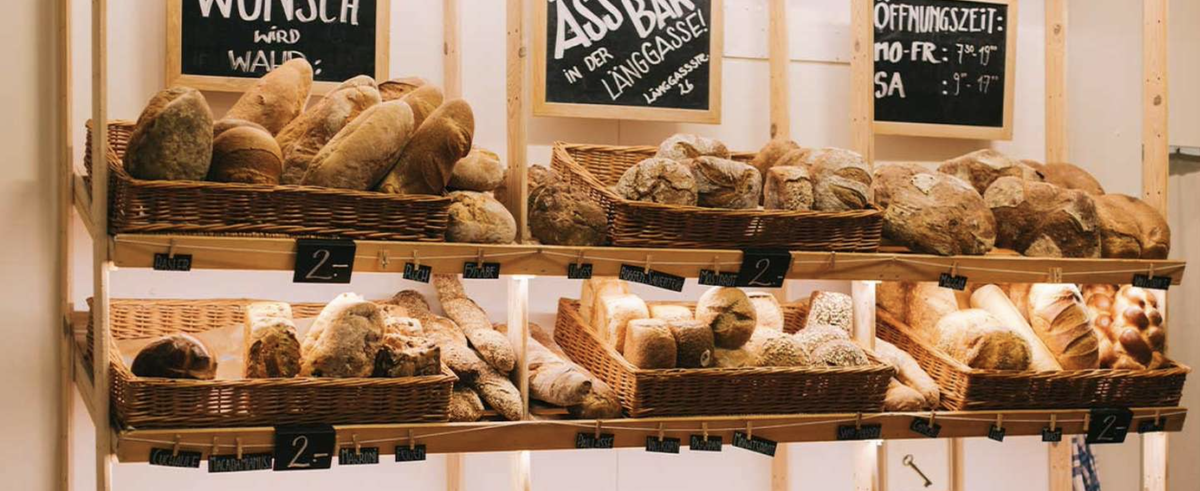
Äss-Bar
Frisch von gestern: Das ist das Motto der Äss-Bar, die heute über 100 Mitarbeitende in der ganzen Schweiz beschäftigt. Bereits einige Hundert Tonnen Brot und Backwaren haben sie damit gerettet. Statt in der Abfalltonne zu landen, sollen die Esswaren von gestern auch am Folgetag noch konsumiert werden. Der Selbsttest zeigt: Gipfeli, Kuchen, Sandwiches und Brote schmecken wunderbar. Und nicht nur die Umwelt freut’s, auch das eigene Portemonnaie: Die Backwaren kann man zu stark vergünstigten Preisen kaufen.
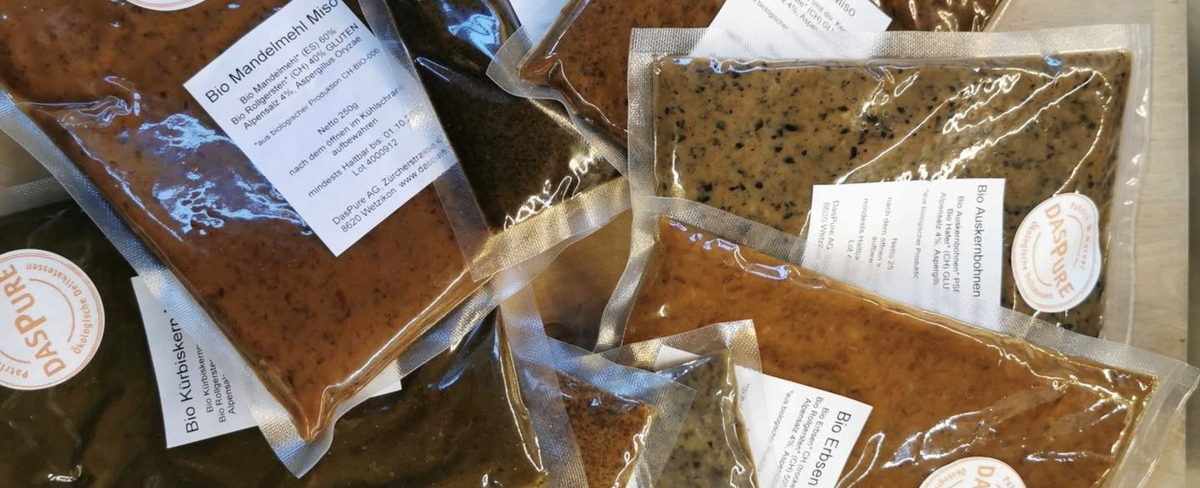
Das Pure
Patrick Marxer bringt Umami in die Schweiz – der fünfte Wohlgeschmack neben süss, sauer, bitter und salzig. Marxer stellt Miso-Gewürzpasten oder die erste Schweizer Bio-Sojasauce her. Aber nicht etwa aus Soja, sondern aus heimischen Hülsenfrüchten – oftmals mit beschädigten, die sonst zu Futtermittel verarbeitet würden. Das Grundprinzip ist die Fermentation. Durch das Impfen von Weizen, Gerste oder Erbse mit bestimmten Schimmlpilzen und danach viel Ruhezeit entstehen Produkte, die wir so noch nie probiert haben. Und auch nie mehr missen möchten.
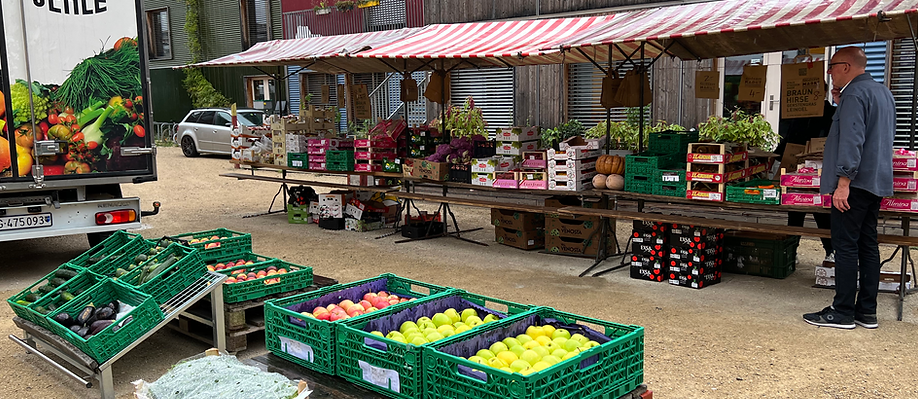
foodsaveMARKT
Hier werden Früchte- und Gemüseüberschüsse aus dem Grosshalndel gerettet. Den foodsaveMARKT gibt es inzwischen schon ein Jahr und findet jeweils jeden Mittwoch von 16:00-18:00 Uhr auf dem FOGO-Areal in Altstetten statt. Neu wird ab 17:00 Uhr gemeinsam mit Social Cuisine und den Überresten gekocht oder konserviert. Jede:r darf mitkochen und mitessen.
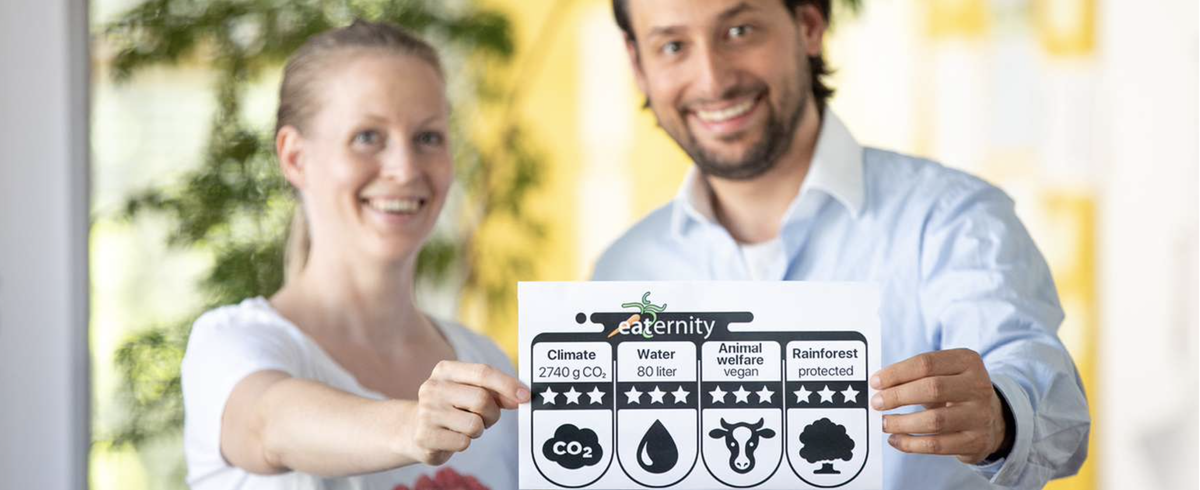
Eaternity
Die Organisation Eaternity entwickelt Lösungen, um den ökologischen Fussabdruck von Lebensmittelprodukten genau und effizient zu messen. Die Faktoren, die sie berücksichtigen? Klima, Gesundheit, Wasser, Regenwald, Tierschutz, Lokalität und Saisonalität. Die Lebensmittelindustrie und Konsument*innen sehen dank einer App auf einen Blick, welche Produkte und Gerichte klimafreundlich sind. So entscheiden sie jederzeit zum Wohle der Menschen und des Planeten.
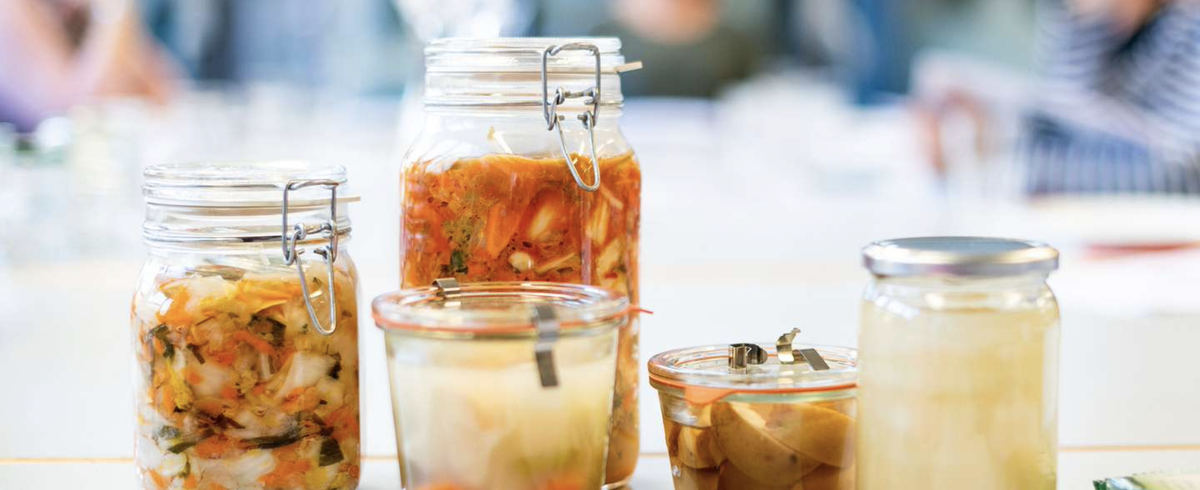
Foodwaste.ch
Wer schon einmal selber Karotten angepflanzt hat, weiss wie sorgfältig und genussvoll man diese nachher verspeist. Einen Drittel davon wegzuschmeissen, nur weil sie nicht die perfekte Form haben oder sie verrotten lassen, ist schlichtweg undenkbar. Doch im Schnitt geht in der Schweiz jedes dritte Lebensmittel zwischen Feld und Teller verloren oder wird verschwendet. Das sind fast drei Millionen Tonnen verschwendete Lebensmittel pro Jahr. foodwaste.ch will, dass Menschen Essen wertschätzen und geniessen und hat darum eine Plattform geschaffen, um zu informieren und aufzuklären. In verständlichen Illustrationen lernt man, Food Waste zu verstehen und erhält innovative Lösungsansätze, wie man zuhause mehr Esswaren rettet. foodwaste.ch organisiert zudem auch Schulungen und Events und ist Mitverlegerin des erfolgreichen Kochbuchs “Restenlos glücklich”.

Mehr als Zwei
Mit dem Projekt «Deine Banane ist kein Abfall» hat alles angefangen. Der Verein Mehr als Zwei hat damit seit Beginn 2020 knapp 26 Tonnen Bananen gerettet. Der Verein gibt Tipps, wie man auch etwas reifere Bananen geniessen kann oder entwickelt mit Partnerbetrieben aus den Früchten neue Produkte; zum Beispiel mit Schokolade überzogene getrocknete Bananenstängeli. Die machen übrigens süchtig. Der Fokus bei diesem und ihren anderen spannenden Projekten liegt auf einem sinnvollen Umgang mit Nahrung und dem Vermeiden von Lebensmittelverschwendung.
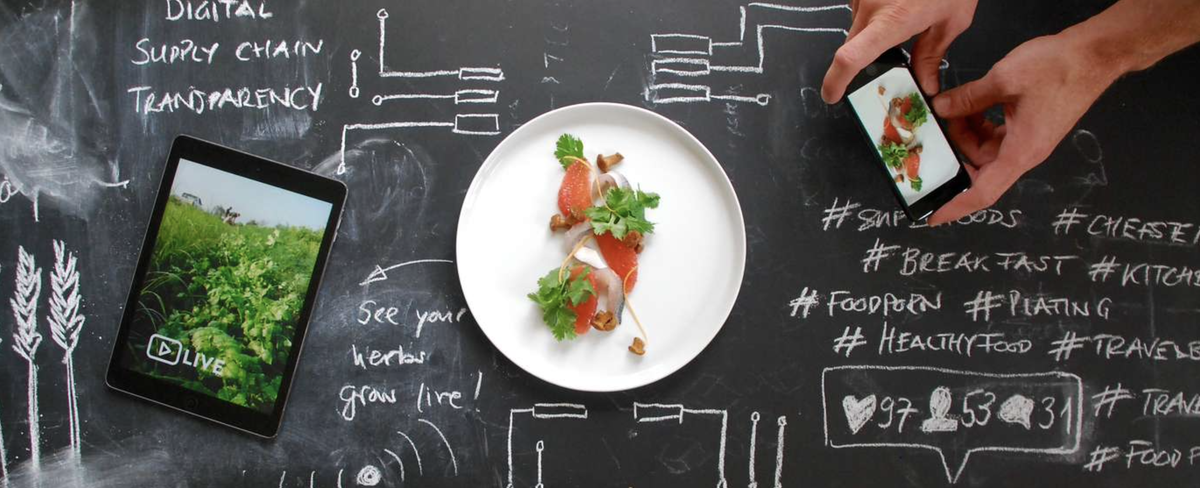
Tastelab
Die ETH-Physikerin und Köchin Susanne Tobler und der Informatiker Remo Gisi machen Kochen auf hohem Niveau einfacher. Zwei Apps haben sie mit ihren Teams bereits entwickelt: Tastelab verrät verschiedene Zubereitungstechniken, Umrechnungs- und Kalkulationsfunktionen. Die neue App Useful Units rechnet Einheiten aus aller Welt um. Tastelab ist auch ein Catering-Unternehmen, etwa mit Pop-Ups am WEF. Bei allen Projekten verbinden Tobler und Gisi Kochen und Wissenschaft. Tastelab beschäftigt sich mit den Fragen, wie wir in Zukunft essen werden. Was wird 2050 auf der Speisekarte stehen? Wie beeinflussen Kultur, Technologie und die Digitalisierung unser Essverhalten? Welche Nahrungsmittel sind klimafreundlich und welche werden nur als solche wahrgenommen?
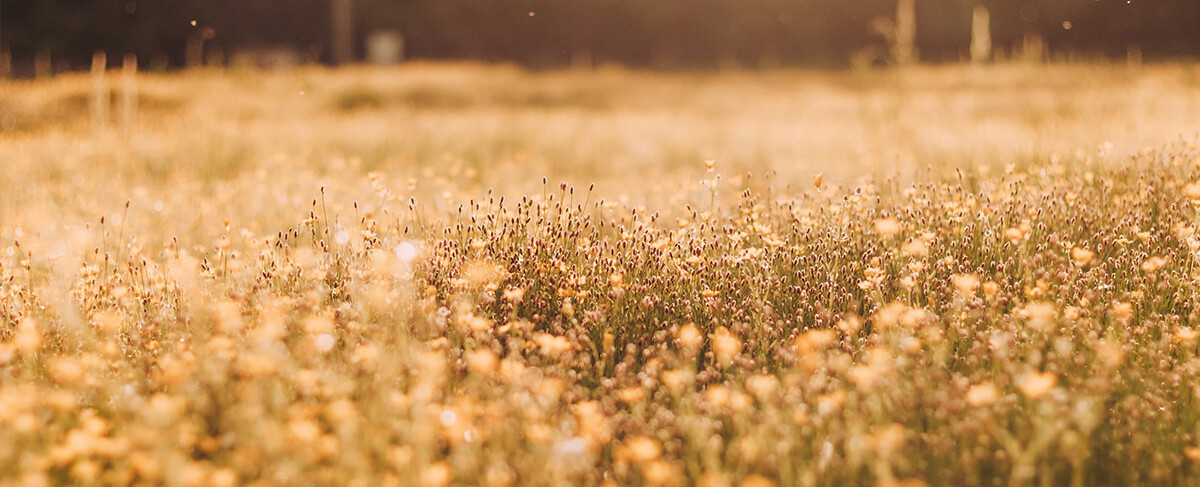
Eggfield
“Just like eggs but grwon in a field” ist der Slogan des 2019 gegründeten Startups Eggfield und der bringt eigentlich schon schön auf den Punkt, um was es hier geht: Eiersatz aus Kichererbsenwasser oder eben aus Aquafaba, wie dieses Nebenprodukt auch genannt wird. Die Gründer von Eggfield sind der Überzeugung, dass die Eier in verarbeiteten Produkten durch Aquafaba ersetzt werden können und so nicht nur viel Tierleid vermieden, sondern auch die CO2-Emissionen reduziert und die menschliche Gesundheit gefördert werden kann. Die Welt mit Kichererbsenwasser ein bisschen besser machen - so geht das!
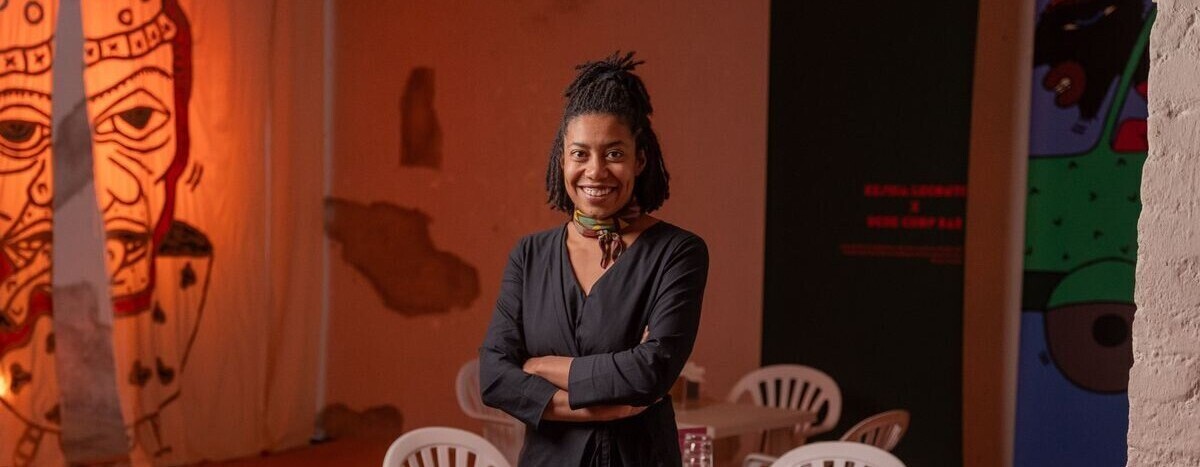
Naomi Biaduo
Möglicherweise kennt man die junge Gastronomin Naomi Biaduo aus der Exer Bar, Bauernschänke oder Vreni Gigers Rigiblick. Mit ihrem Pop-up "Uche Chop Bar" brachte sie Zürich die westafrikanische Küche über mehrere Woche ein Stück näher. Mit ihrem Verein Adaku möchte sie das moderne Westafrika zugänglich und sichtbar machen. So wurde für das Pop-up acht Tonnen Sand für den Boden verwendet, zeitgenössische afrikanische Kunst aufgehängt und es roch nach Grill, unzähligen Gewürzen und unbekannten Geschmäckern. Obwohl der Koch aus Ghana auf Geheiss der Behörden nicht einreisen durfte, war das Pop-up ein Erfolg. Wir sind gespannt, was als nächstes kommt.
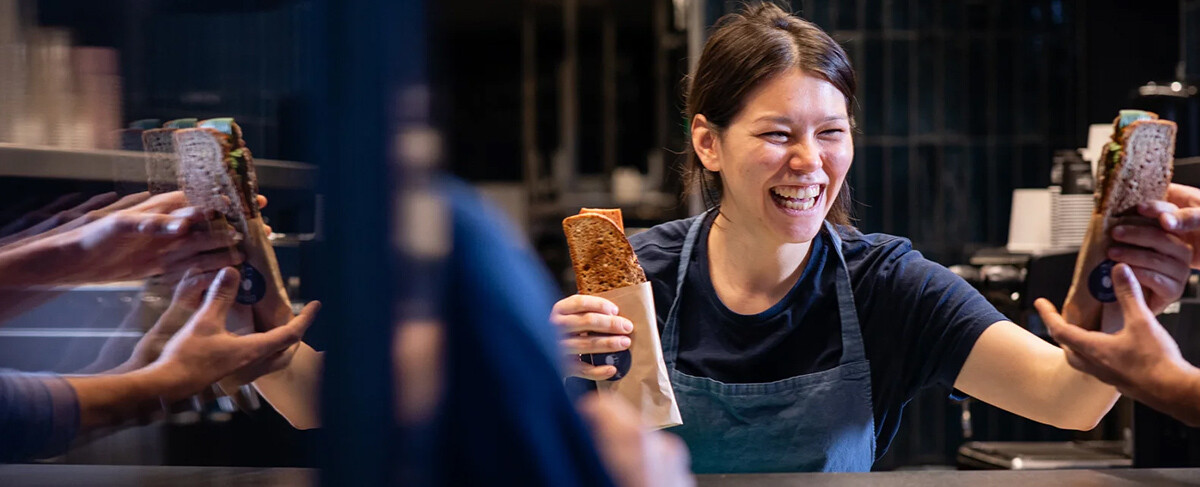
Michaela Frank
Michaela Frank gehört zur Rank-Truppe, hat knackige 26 Jahre und stolze 13 Gault Millau Punkte vorzuweisen. Die ehemalige Mlinarevic Schülerin kocht Feel Food, legt grossen Wert auf die Auswahl ihrer Produkte und versucht sich mit ihrem Team an einer Soziokratie.
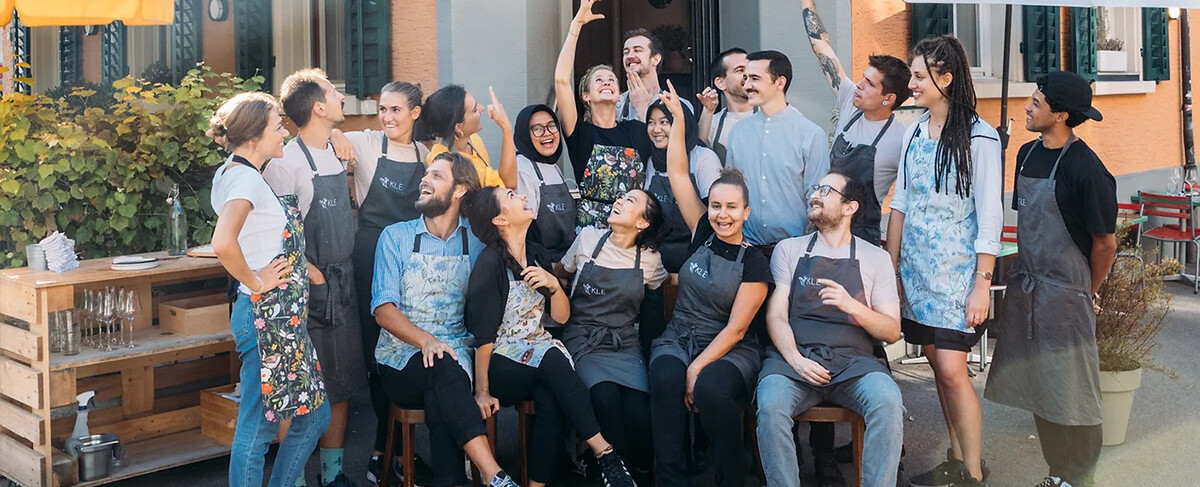
Zineb Hattab
Zineb Hattab, oder eben Zizi, wie sie von allen genannt wird, ist ein Ausnahmetalent. Der Shootingstar der veganen Küche hat einst Programmiererin gelernt, bevor sie ihren Beruf dann an den Nagel hängte und mehrere Stages bei den besten Köchen der Welt absolvierte. Unterdessen hat die Spanierin mit marokkanischen Wurzeln drei Restaurants in Zürich eröffnet, ihr erstes Kochbuch herausgegeben und mit dem “Kle” einen Michelin-Stern erhalten - als erstes veganes Restaurant der Schweiz. Und die Reise von Zizi hat gerade erst begonnen.

Markus Stöckle
Markus Stöckle eröffnet – mit seinem herrlich unkonventionellen «Wirtshaus Rosi» – einen neuen Blick auf die bayrische Kultur und deren Küche. Traditionelle Gerichte werden dabei vom bayrischen Chefkoch in zeitgemässer und manchmal futuristischer Manier (neu) interpretiert. Dabei ergänzt er beispielsweise seine Kreationen mit aussergewöhnlichen Akzenten und serviert fluoreszierende Pilze oder leckeren, essbaren Schimmel.
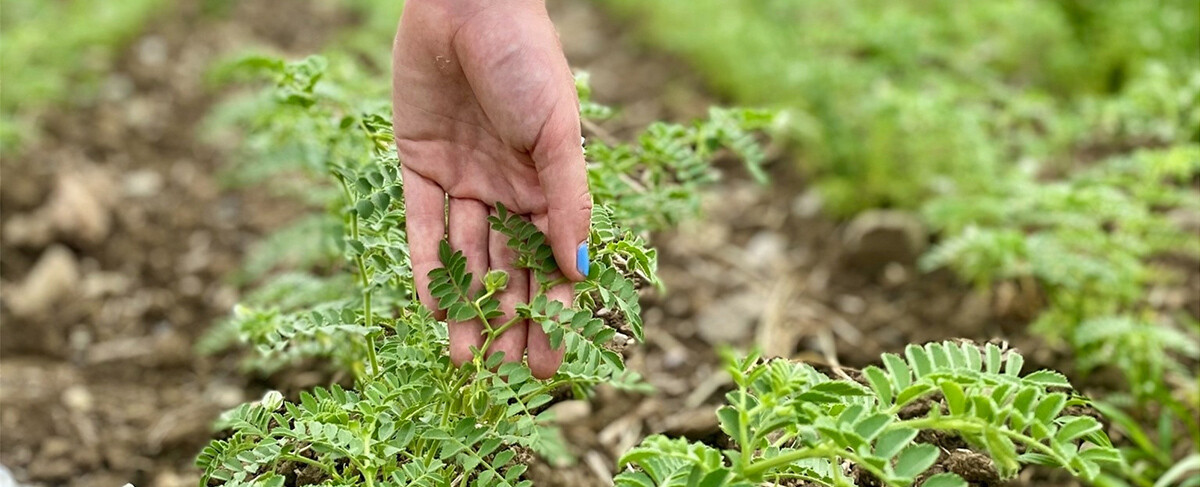
Fabas
Fabas, ein «female founded» Start-up, will mit einem Farm-to-Fork Ansatz den Anbau von pflanzlichen Proteinen in der Schweiz vorantreiben. Das Unternehmen wird heute von drei Naturwissenschaftlerinnen geführt und hat neben Produkten aus Schweizer Kichererbsen ein Forschungsprojekt am Laufen, das sich der Frage widmet, wie Hülsenfrüchte aus der Schweiz für die Weiterverarbeitung aufbereitet werden können.

